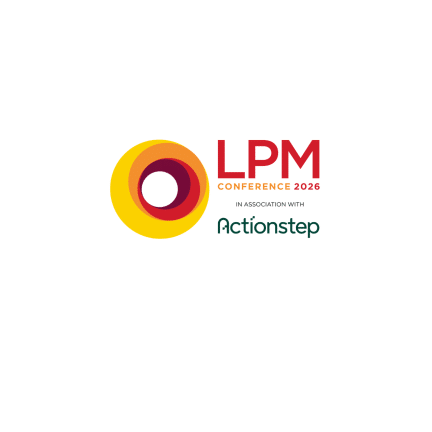
Legal AI uncovered: what every firm should know
Brian Rogers, regulatory director at Access Legal, gives the lowdown on what AI truly means for both the practice and business of law, offering practical insights into how AI impacts legal practice, where it adds value, and what every firm should consider before embracing this transformative technology
Everyone’s talking about AI in law, but what does it actually mean for your day-to-day practice? Will it make your job easier or render some roles obsolete? To cut through the noise, we turned to someone who knows the reality behind the buzz: Uwais Iqbal, founder of AI consultancy simplexico. In a live Q&A, he answered the questions legal professionals are really asking. Here’s what you need to know.
What does “AI in law” really mean?
Think of legal AI as a toolkit designed to lighten the cognitive load. It handles repetitive, high-volume tasks — like sorting documents, retrieving case law, and summarising content — so lawyers can focus on what truly matters: judgment, strategy, and client advice.
Where does AI add the most value?
AI shines in research and case management. Instead of spending hours combing through documents, lawyers can use AI to filter, organise, and summarise information quickly. The result? More time for nuanced legal reasoning and client interaction.
What should never be left to AI?
Risk is the deciding factor. For low-risk, high-volume tasks, such as extracting dates from contracts, automation makes sense. But for high-risk outputs, like drafting complex clauses, human oversight is non-negotiable. Uwais frames it as four functions: acceleration, automation, assurance, and assistance. Use AI to speed up work, not to replace critical thinking.
How do you know if an AI tool is reliable?
Not all tools are created equal. General-purpose platforms (think ChatGPT) are like microwaves: quick, but not gourmet. Legal-specific tools with built-in safeguards are more like pizza ovens, designed for the job. Bespoke solutions? They’re your private chef, tailoring every step to your firm’s needs. If accuracy matters, choose tools with guardrails and verification baked in.
What about confidentiality?
Consumer-grade AI tools are a no-go for client data. Instead, opt for enterprise-level solutions that guarantee security and compliance. For sensitive work, consider private deployments on platforms like Microsoft Azure or AWS to maintain control over data residency and retention.
Will AI replace lawyers?
Short answer: no. Certain tasks can be fully automated, but the future is collaborative. Machines excel at scale and speed; humans bring context, strategy, and judgment. Expect a hybrid model where automation handles the routine, and lawyers steer the ship.
What about ethics and regulation?
Guardrails shouldn’t be optional; they should be built into the tools. Features like citation validation and source attribution help lawyers meet professional and regulatory obligations without extra effort. While regulators are catching up, firms should act now to embed responsible AI practices.
How do we tackle hallucinations and long documents?
AI isn’t perfect; it predicts, and sometimes those predictions miss the mark. The solution? Break large documents into sections, chain prompts for context, and always validate outputs. Never assume an answer is correct just because it sounds convincing.
What if staff use AI to shortcut training?
It’s inevitable. The answer isn’t banning AI; that only drives shadow usage. Instead, create clear policies, educate your teams, and foster a culture of responsible use. Training and transparency beat prohibition every time.
Is this real change or just “innovation theatre”?
There’s plenty of hype, but meaningful change is coming. Missteps and negative headlines will push firms to move beyond optics and adopt AI thoughtfully. The key is education, governance, and a willingness to adapt.
Key takeaways
- AI won’t replace lawyers; it will reshape their work.
- Accuracy needs guardrails. Choose legal-specific or bespoke tools.
- Protect confidentiality. Avoid consumer tools; use enterprise or private deployments.
- Automate smartly. Focus on low-risk, high-volume tasks.
- Culture matters. Publish policies, approve tools, and invest in training.
Ready to lead the change? Start your AI journey with confidence. Our AI for Law Firms eLearning course gives you practical guidance and expert insights from Uwais Iqbal. Learn how to understand how AI really works in legal practice, navigate ethics and compliance with confidence, and implement AI safely and effectively in your firm. Get the course details.




